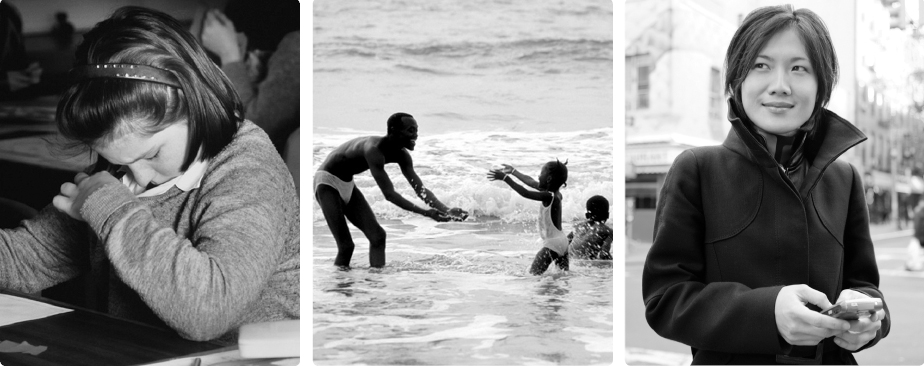Gender and Self

The sources of self include your gender, your family, and your culture.
(Left to right) Nancy Honey/Getty Images; Caroline Penn/Panos Pictures; Digital Vision/Punchstock/Getty Images
Arguably the most profound outside force shaping our sense of self is our gender—the composite of social, psychological, and cultural attributes that characterize us as male or female (Canary, Emmers-Sommer, & Faulkner, 1997). Note that scholars distinguish gender, which is largely learned, from biological sex, which we’re born with. Unlike biological sex, our gender is shaped over time through our interactions with others.
Immediately after birth, we begin a lifelong process of gender socialization, learning from others what it means personally, interpersonally, and culturally to be “male” or “female.” Girls are typically taught feminine behaviors, such as sensitivity to one’s own and others’ emotions, nurturance, and compassion (Lippa, 2002). Boys are usually taught masculine behaviors, learning about assertiveness, competitiveness, and independence. As a result of gender socialization, men and women often end up forming comparatively different self-concepts (Cross & Madson, 1997). For example, women are more likely than men to perceive themselves as connected to others and to assess themselves based on the quality of these interpersonal connections. Men are more likely than women to think of themselves as a composite of their individual achievements, abilities, and beliefs—viewing themselves as separate from other people. However, this doesn’t mean that all men and all women think of themselves in identical ways. Many men and women appreciate and embrace both feminine and masculine characteristics in their self-concepts.
Self-Reflection
What lessons about gender did you learn from your family when you were growing up? From your friends? Based on these lessons, what aspects of your self did you bolster—or bury—given what others deemed appropriate for your gender? How did these lessons affect how you interpersonally communicate?
Question
Self-Reflection